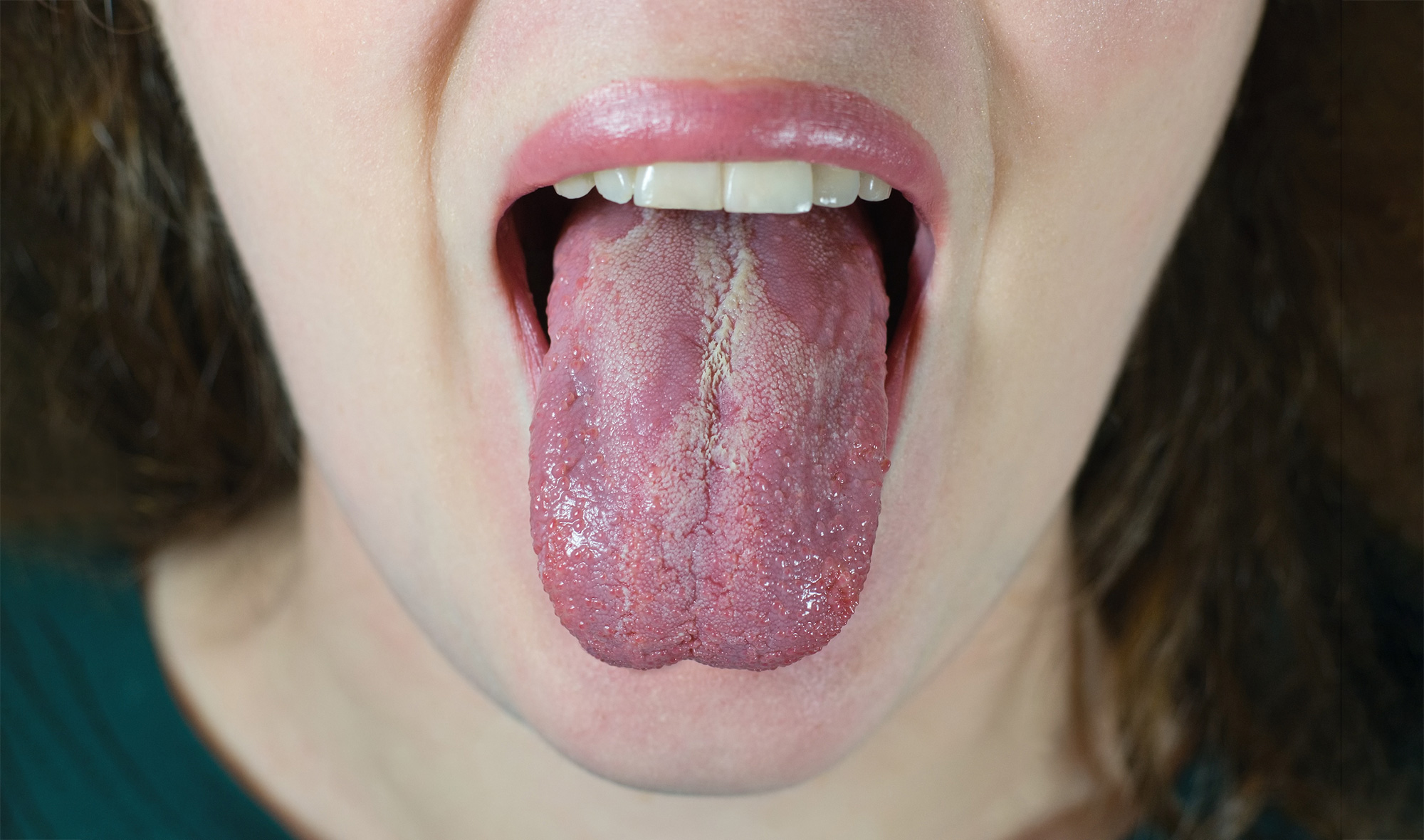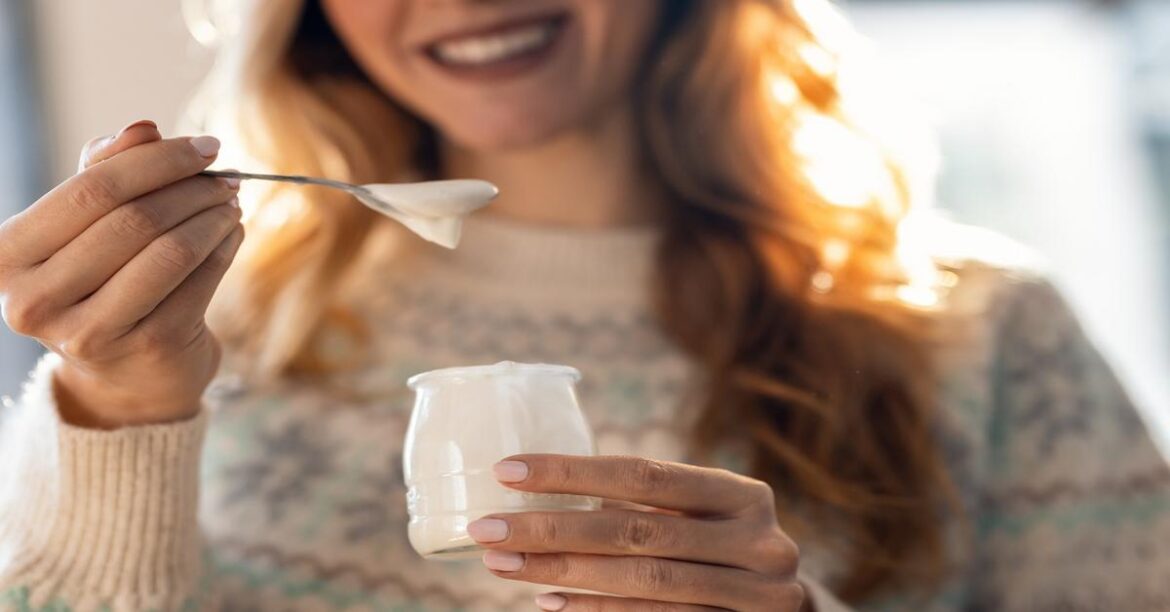Can Probiotics Help With Thrush? What You Need to Know
Thrush, a common yeast infection caused by an overgrowth of Candida, affects many individuals, particularly those with weakened immune systems or those who have recently taken antibiotics. Symptoms often include white patches in the mouth, soreness, and difficulty swallowing. In this article, we will explore the potential role of probiotics in managing thrush and how they may contribute to overall oral health.
Understanding Thrush
Thrush, also known as oral candidiasis, is primarily caused by an imbalance in the body’s microflora, leading to an overgrowth of the Candida fungus. Common symptoms include:
- White patches in the mouth
- Soreness or pain
- Difficulty swallowing
Individuals at higher risk include those who are immunocompromised, taking antibiotics, or have diabetes, making it crucial to find effective management strategies for this condition.
The Role of Probiotics
Probiotics are beneficial bacteria that help maintain a healthy balance of gut microbiota, which is essential for overall health. They work by:
- Restoring the natural balance of bacteria in the gut
- Enhancing immune function
- Potentially reducing the growth of harmful organisms like Candida
Research suggests that probiotics may also contribute to oral health by maintaining a healthy microbial balance in the mouth, which can be particularly beneficial for individuals prone to thrush.
Research on Probiotics and Thrush
Several studies have investigated the effects of probiotics on thrush. For instance, research has shown that specific strains, such as Lactobacillus reuteri and Lactobacillus rhamnosus, may reduce Candida counts and improve symptoms of oral thrush (1). However, while these findings are promising, it’s important to note that research is still limited and results can vary. Some studies have shown mixed results regarding the effectiveness of probiotics in treating active thrush infections (2).
Practical Applications
Incorporating probiotics into your diet can be a simple yet effective way to support oral health. Here are some practical tips:
- Dietary Sources: Include probiotic-rich foods such as yogurt, kefir, and fermented vegetables in your diet.
- Supplements: Consider taking multi-strain probiotic supplements, as they may be more effective against Candida (3).
- Oral Hygiene: Maintain good oral hygiene by brushing and flossing regularly, which can help prevent thrush.
Potential Side Effects and Considerations
While probiotics are generally safe for most people, some individuals may experience mild side effects, such as gas or bloating. Those with compromised immune systems should consult a healthcare provider before starting any probiotic regimen (4).
Conclusion
In summary, probiotics may offer a complementary approach to managing thrush by supporting gut and oral health. While research is still evolving, incorporating probiotics into your diet could be beneficial, particularly for those at risk of Candida overgrowth. Always consider a holistic approach to health, and consult with healthcare professionals for personalized advice.
![]()
Have you tried probiotics for managing thrush? What benefits have you noticed? Share your experiences in the comments below!

References
[1]. Healthline. “What is Thrush?” Available at: https://www.healthline.com/health/thrush. Accessed on October 12, 2023.
[2]. Mayo Clinic. “Oral Thrush Symptoms and Causes.” Available at: https://www.mayoclinic.org/diseases-conditions/oral-thrush/symptoms-causes/syc-20353533. Accessed on October 12, 2023.
[3]. Optibac Probiotics. “Which Are Best Probiotics for Thrush?” Available at: https://www.optibacprobiotics.com/professionals/latest-research/general-health/probiotics-oral-thrush. Accessed on October 12, 2023.
[4]. WebMD. “What Is Thrush?” Available at: https://www.webmd.com/oral-health/what-is-thrush. Accessed on October 12, 2023.

